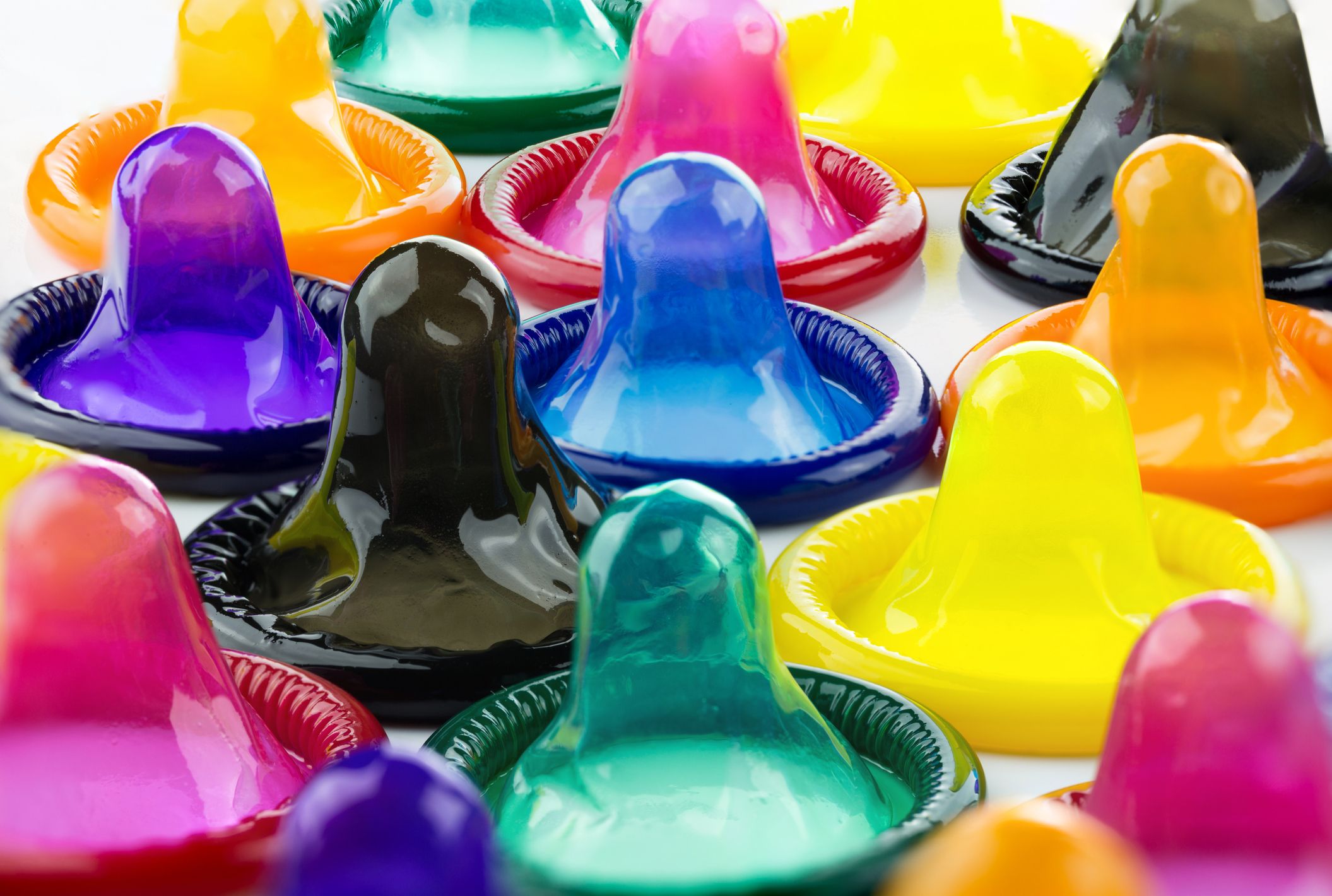
The Centers for Disease Control and Prevention (CDC) has urged the public not to wash or reuse condoms.
Appearing to acknowledge that most people are aware of this advice, the health agency tweeted last week: "We say it because people do it: Don't wash or reuse #condoms! Use a fresh one for each #sex act."
The tweet features a link to the CDC's page entitled "Condom Effectiveness." The CDC did not immediately respond to a request for comment.
We say it because people do it: Don't wash or reuse #condoms! Use a fresh one for each #sex act. https://t.co/o3SPayRf9m pic.twitter.com/AwkPqE9YMl
— CDC STD (@CDCSTD) July 23, 2018
The page offers advice on how to correctly use male condoms, as well as female options like dental dams.
It highlights the importance of using protection like condoms to prevent the spread of sexually transmitted diseases (STDs) including HIV and viral hepatitis.
Bekki Burbidge, deputy chief executive at sexual health charity FPA, told Newsweek: "Condoms should never be used more than once, for any reason. Always use a new condom every time you have sex. It's also important to use a new condom for each new sex act, for example if you switch from vaginal sex to anal sex."
Isabel Inman, media and communications manager at sexual health charity Brook, explained: "While this CDC tweet might seem funny to some, there are lots of simple mistakes that people make when using condoms, so it's vital to raise awareness."
She told Newsweek: "Condoms are the only method of contraception to protect against both pregnancy and STIs and therefore it is really important that people know how to use them correctly."
But only around a third of Americans use condoms, according to a CDC report published in August 2017.
Casey Copen, a statistician at the U.S. Centers for Disease Control and Prevention's National Center for Health Statistics and report author, said in a statement: "The use of condoms is a public health issue."
Read more: Why Do Men Lie About the Number of Sexual Partners They've Had? Scientists Have a New Answer
"STDs can lead to long-term consequences, such as infertility," she said. "Condoms, when used consistently and correctly, reduce the risk of HIV and STDs."
The tweet comes amid what the CDC has dubbed the STI epidemic as latest figures show more than 2 million cases of gonorrhea, chlamydia and syphilis were reported in 2016. That amounts to the highest number since records began.
Most new diagnoses were of chlamydia, at 1.6 million, followed by 470,000 gonorrhea and 28,000 of the most infections forms of syphilis (primary and secondary.)
"While all three of these STDs can be cured with antibiotics, if left undiagnosed and untreated, they can have serious health consequences, including infertility, life-threatening ectopic pregnancy, stillbirth in infants, and increased risk for HIV transmission," the CDC website warns.
Official statistics released earlier this year revealed the number of gonorrhea cases in Alaska spiked by more than half in the year following 2016. In October 2017, health officials issued an alert warning of a statewide outbreak of the condition. The statistics put Alaska below Mississippi as the gonorrhea capital of the U.S.
This article has been updated with a comment from Isabel Inman and Bekki Burbidge.
Uncommon Knowledge
Newsweek is committed to challenging conventional wisdom and finding connections in the search for common ground.
Newsweek is committed to challenging conventional wisdom and finding connections in the search for common ground.
About the writer
Kashmira Gander is Deputy Science Editor at Newsweek. Her interests include health, gender, LGBTQIA+ issues, human rights, subcultures, music, and lifestyle. Her ... Read more
To read how Newsweek uses AI as a newsroom tool, Click here.






